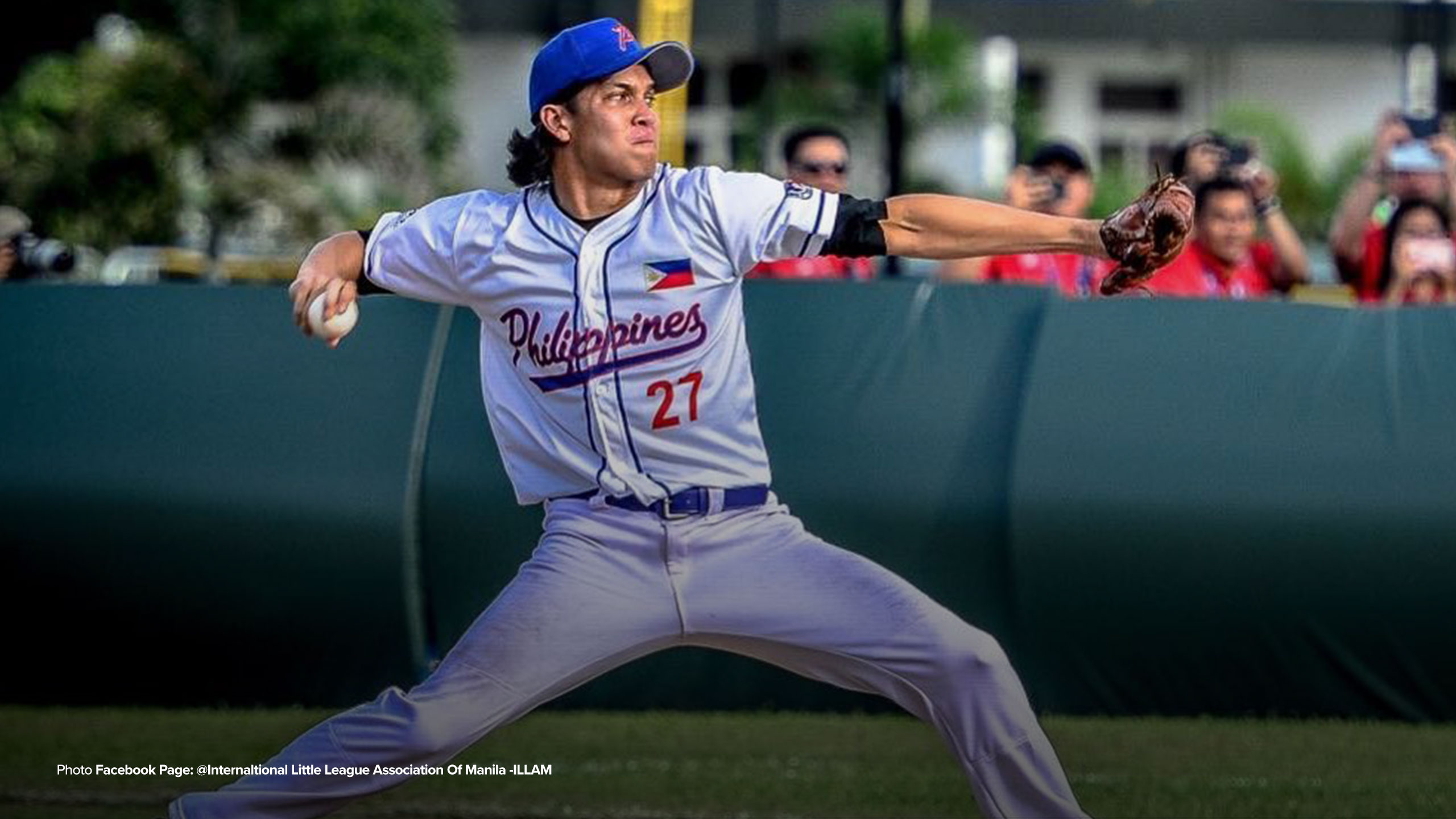Baseball in the Philippines has once seen its glory days. And for the sake of our talented athletes, we should give it credit it deserves.
A little over a week ago, Major League Baseball team, the Los Angeles Dodgers celebrated Filipino Heritage Night. For those of you who don’t know, Filipino Heritage Night is an event hosted by the different leagues in the United States, like the NBA, the NHL, the NFL, and the MLB.
Their most recent event was hosted on July 7th by the Los Angeles Dodgers at Dodger Stadium.
And as part of Filipino Heritage Night, the Philippine National Baseball Team was invited to the Dodger Stadium to celebrate the event.
#Dodgers hosted the Philippines National Team for Filipino Heritage Night at Dodger Stadium.https://t.co/6AN6FJUNxb pic.twitter.com/hBVrBuLW8r
— Dodger Blue (@DodgerBlue1958) July 11, 2022
But to our surprise, hardly anyone was talking about it. To be invited to the home of the LA Dodgers, who currently sit at the top of the National League in the ongoing MLB season, is a huge deal.
In fact, head coach Bill Pickets shared to Dodger Blue that “it’s kind of a culmination of what we’ve been working on for the last few years.”
So we got to wondering: why isn’t anyone talking about baseball in the Philippines?
Local roots
Baseball used to be a lot bigger in the Philippines than it is today. As a former colony of the United States, baseball has been around for over a century. Clubs and leagues were born during the American occupation and through the years, the sport stuck with us.
And, we were good at it.
In fact, the first-ever BFA Asian Baseball Championship in 1954 was held in Rizal Memorial Baseball Stadium. The Philippines won the gold medal, beating Japan in front of a crowd of around 17,000 fans.
It’s been a long time since the Philippines won a medal in the Asian Baseball Championship, the last one in 1971. But, the Philippines has won the most gold medals for baseball in the Southeast Asian Games, winning three out of the last four editions.
But apart from international competitions, the Philippines also used to have its own local leagues.
Philippine baseball’s modern era
Having a league for a sport in a country is crucial. For sports like basketball and volleyball, with the professional leagues we have locally, it’s easy for young players to see a career trajectory. The same is true for baseball.
The Professional Baseball Philippines league was established in 2007, though it only lasted for about five years. But in 2019, the defunct league was replaced by a fresh one: the Philippine Baseball League.
In its inaugural season, the PBL had a lineup of 12 collegiate and corporate teams in the tournament. Though an amateur league, it was still a great platform for young and experienced players to compete in the sport that they love.
And, it was a chance to help the sport grow.
Although the PBL is still yet to see a return after the pandemic, baseball in the Philippines has not stopped moving. Perhaps a lot of us have just stopped looking.
Here’s what you missed lately
One of the ways baseball is being maintained in the Philippines is through our youngsters. Just this month, the Philippines’ little league team competed in the Little League Asia-Pacific Region Tournament.
For those of you who don’t know, Little League Baseball is a US-based baseball organization. They host baseball and softball tournaments for young players all around the world.
We know. So cute, right?
In this year’s LLB Asia-Pacific Region Tournament held, the Philippine 12U team competed against other nations including Hong Kong, Korea, and Taiwan.
And even more impressively, our little leaguers made it to the semifinal.
Although they lost to Taiwan 0-12 and didn’t get to advance, our team impressed in their fourth game against Hong Kong, where they won 7-0.
The crazy part is hardly anyone was talking about it. Making it to the semifinals in any tournament is not a feat to be dismissed. And it’s not every group of youngsters who get the chance to do so.
Philippine baseball is not gone—it’s just under the radar. But looking at these young hopefuls who no doubt fought their hearts out against international competitors should inspire more people to protect the game they care about.
We were once an Asian powerhouse in baseball. One day soon, every small step (even those taken by our athletes younger than 12) will hopefully bring us back to the world stage.
Plus, if you’ve never watched a baseball game live, trust us—it’s worth it. Check out our guide to live baseball games right here.
